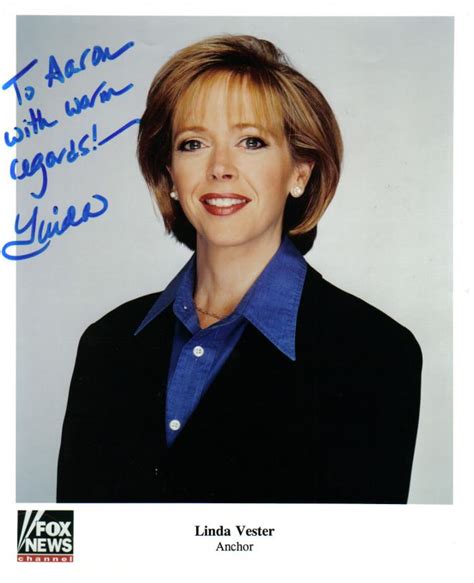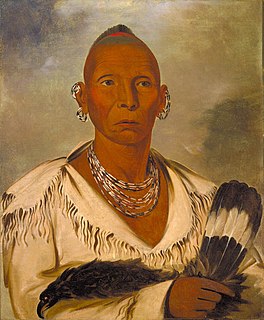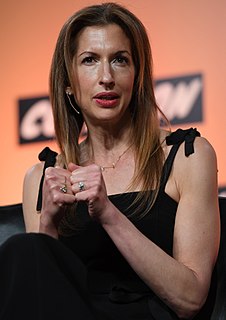A Quote by Linda Vester
In my rational mind, I know... that is a very simplistic way of looking at it, but when there is violence of that kind, it challenges my faith. I still can't say that I totally understand why - why that is allowed to happen.
Related Quotes
I don't understand why black people have been so quiescent, so passive over the hundreds of years of American history. Why hasn't there been more violence, more armed struggle? I know answers to some of that, but it seems to me it's an issue of faith, an abiding faith in some sort of great beyond, or great spirit, or even in the American dream.
I have been asked so many times why I live a green life, why water conservation, why getting wells in places, why work with water organizations, why conserve water at home with double-flush toilets, why I tell my daughters, "Turn off the tap" so much. Sometimes I want to say, "I wish I knew the answer." My answer really is: I don't understand why everyone doesn't feel this way.
Why are we so addicted to factual knowledge? Why are we so uncomfortable with the unknown? Is it something about the anxiety of our time? Because of course that wasn't always the way. Even now the whole idea of the rational individual has been subject to question and yet we still cling to this idea of factual, rational knowledge being more valuable than whatever its opposite might be.
Why is it kind of acceptable to say that the Germans are better at penalties, but not that blacks are better at boxing? Is it simply that you're allowed to stereotype a group perceived as oppressive, but not one perceived as oppressed - which is why it's fine for women columnists constantly to rail against men, but never the other way round?
We don't understand what photography is doing. We don't understand the power of its rhetoric. We don't understand why the Provoke photographers showed Tokyo city as a ghastly and alien city when it was really going through this period of mega-capitalist growth. It's a very, very, very powerful force, the photograph. People ask me why it has such an ability to captivate us. And I just don't know.
I would like, in my life, to always be doing things I'm proud of. I know that probably won't happen all the time. But I'd prefer to be telling stories I can be proud of and understand why they're being told. I do watch a lot of films and TV, but sometimes I think: "Why the hell did you make that then?" I won't say what they are though.



































